3DMark
3DMark is the go-to benchmark for a gaming system such as ours. The Fire Strike test is capable of bringing virtually any machine to its knees. At stock clock we got an impressive score of 9962 overall with the CPU portion coming in at 13853. After our 1.2 GHz overclock we saw a increase of only 239 points overall but a whopping 22% increase in the CPU test, bringing us up to 17808. Obviously this benchmark is heavily GPU dependent, but our overclock clearly gave us a huge boost in the processor heavy portion.
7Zip
The 7Zip benchmark is heavily multithreaded CPU dependent and tests with compression and decompression algorithms. Stock the 4960X averaged 32534 MIPS which increased 21% to 41247 MIPS after applying our overclock.
AIDA64
AIDA64 has a suite of different benchmarks available to test every aspect of your system. We focused on the CPU dependent ones, starting with the PhotoWorxx benchmark. At the stock settings we got a score of 23103 MPixel/s, putting it just ahead of the 3960X and pretty much in line with the 4930K which is a little disappointing. To remedy this we applied our overclock and watched our score shoot up to 25786, putting it at the top of the desktop CPUs where it belongs. It still couldn’t compete with the 16/32 core server processors though.
The Queen benchmark gave us results more like we were expecting with a score of 64229 beating out the 4930K but still falling well short of the 16 core Xeon. After overclocking we saw a massive 23% increase, putting us well beyond any other desktop CPU and much closer to the Xeon.
Related
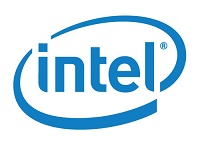
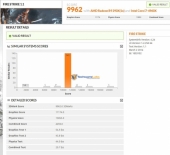
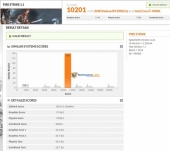
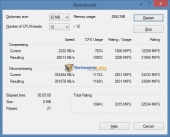
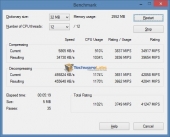
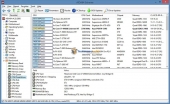
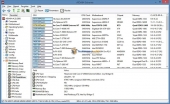
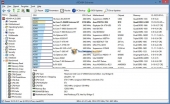
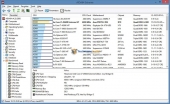

[…] Intel Core i7-4960X Ivy Bridge-E CPU Review @ TechwareLabs.com […]
[…] Intel Core i7-4960X Ivy Bridge-E CPU Review at TechwareLabs.com […]
[…] Intel Core i7-4960X Ivy Bridge-E CPU Review @ TechwareLabs.com […]
[…] Intel Core i7-4960X Ivy Bridge-E CPU Review @ TechwareLabs.com […]
[…] Intel Core i7-4960X Ivy Bridge-E CPU Review @ TechwareLabs.com […]